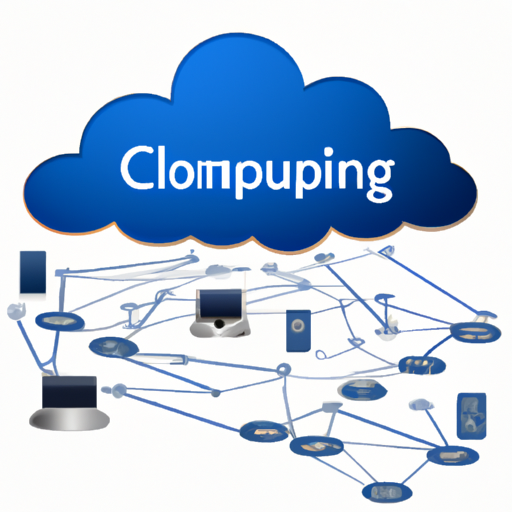Introduction
In today’s digital era, Cloud Computing has become a fundamental technology that is redefining how businesses operate. With the ever-growing need for efficiency and flexibility, understanding cloud technology is paramount for both organizations and individuals looking to enhance their IT strategies.
What is Cloud Computing?
Cloud Computing refers to the delivery of various services over the internet, including storage, computing power, and software applications. By using cloud services, businesses can access these resources without having to manage physical servers or data centers, allowing for increased scalability and flexibility.
Benefits of Cloud Computing
- Cost Efficiency: Cloud services often operate on a pay-as-you-go model, reducing the need for substantial upfront investments.
- Scalability: Businesses can easily scale their resources up or down based on demand, providing a tailored approach to IT resources.
- Accessibility: Employees can access data and applications from anywhere in the world, facilitating remote work and collaboration.
- Security: Many cloud service providers invest heavily in security measures to protect customer data.
Popular Cloud Computing Services
There are various models of cloud computing services, which typically fall into three main categories:
- Infrastructure as a Service (IaaS): Provides virtualized computing resources over the internet.
- Platform as a Service (PaaS): Offers a platform allowing customers to develop, run, and manage applications without dealing with the complexity of building and maintaining infrastructure.
- Software as a Service (SaaS): Delivers software applications over the internet on a subscription basis.
Current Trends in Cloud Computing
As Cloud Computing continues to evolve, several trends are making headlines:
- Hybrid Cloud Solutions: Many organizations are adopting hybrid models, combining on-premises infrastructure with cloud services for flexibility.
- Artificial Intelligence and Machine Learning: Cloud providers are increasingly integrating AI and ML capabilities to enhance analytics and personalized services.
- Serverless Computing: This model allows developers to build applications without worrying about underlying infrastructure management.
Conclusion
Embracing Cloud Computing offers numerous advantages that can enhance business operations. As technology continues to advance, staying updated on cloud trends is essential for leveraging its full potential. Whether your organization is just starting its cloud journey or is looking to optimize existing resources, understanding the benefits and trends in Cloud Services will empower informed decisions that drive success.
For more insights on cloud technology and its impact on businesses, keep exploring our blog!




